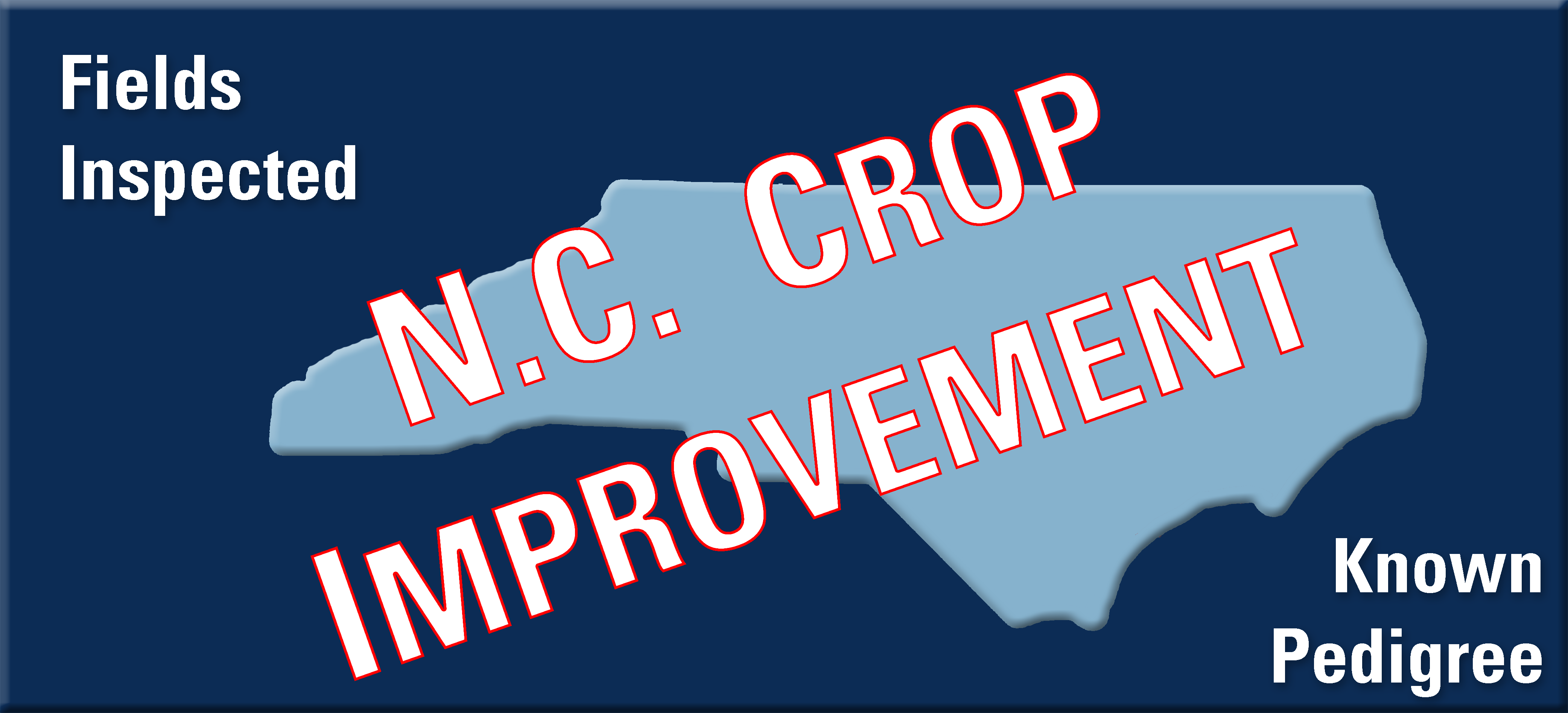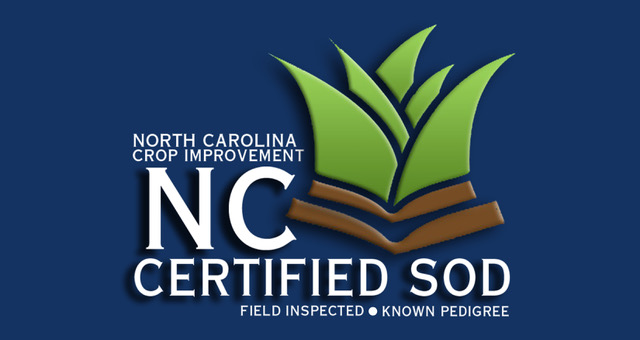Forage Grass - Bermuda
Varieties
|
MIDLAND 99 was released by the Oklahoma, Kansas, Arkansas, and Missouri Agricultural Experiment Stations, the Samuel Roberts Noble Foundation and the USDA-ARS in April of 1999. It comes from crosses that span from Afghanistan, Ghana and Oklahoma. It has tall, upright growth, tolerates low pH soils. Its leaves are 2-4 cm and produces seedheads later than other forage varieties. No Registered class.
|
|
OZARK was released by the Department of Agronomy at the University of Missouri in 2002. Ozark is a propagation from a very cold tolerant bermudagrass from Yugoslavia and 'Coastal'. Based on its cold tolerance and stand persistence, it is thought to be best adapted to the northern half of the bermudagrass belt. Ozark is propagated by conventional sprigging and produces vigorous underground rhizomes and crown buds.
|
|
TIFTON 85 was released by the Georgia Coastal Plain Experiment Station in 1992. A new hybrid Bermuda grass, it averaged 26% more dry matter and was 11% more digestible than Coastal in small plot tests. It has outperformed Coastal and Tifton 78 in replicated grazing trials. To date it has not been extensively tested in North Carolina. Winter hardiness is undetermined but appears to be no greater than Tifton 78.
|
|


